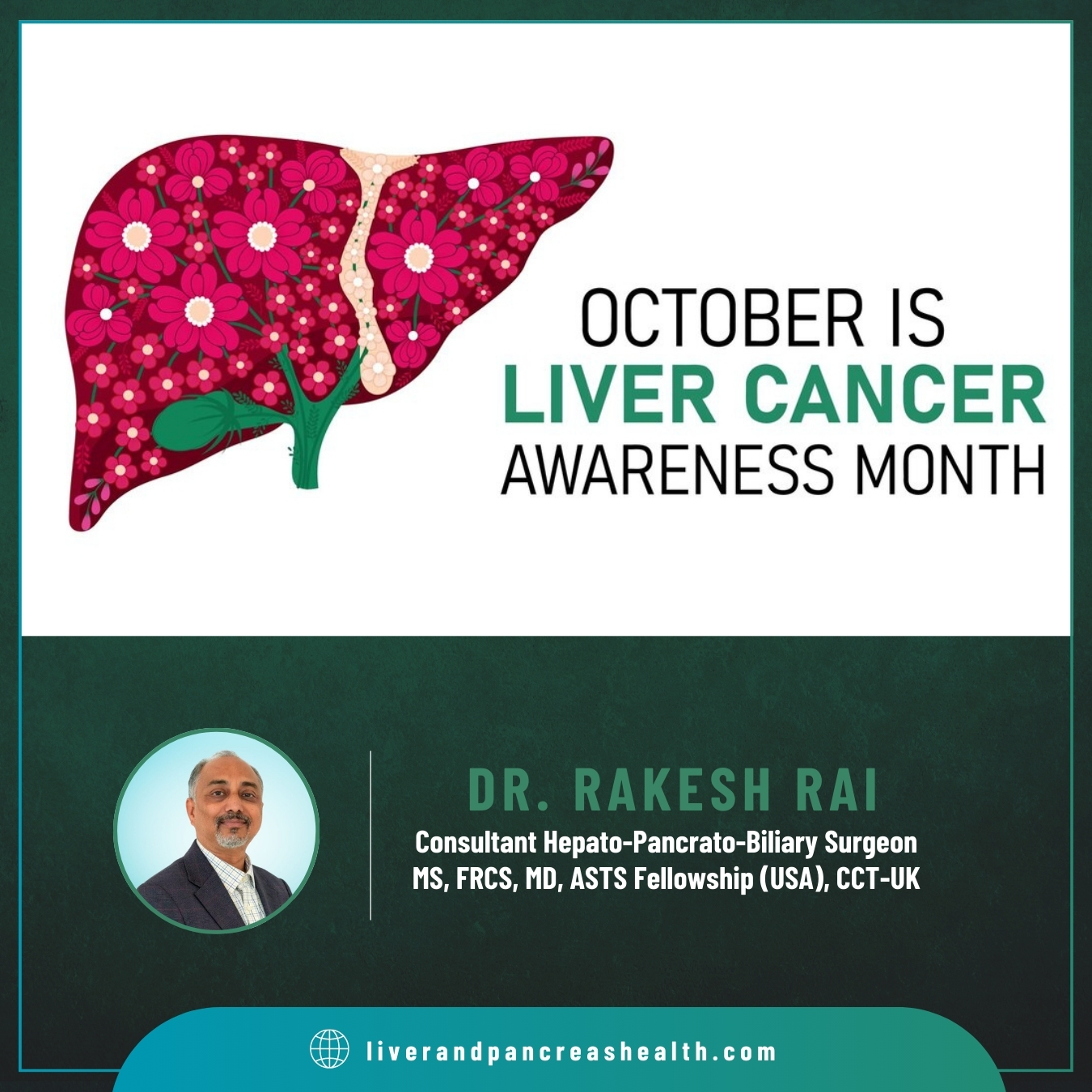What is liver cancer?
Liver cancer is a type of cancer that begins in the cells of the liver. The most common type is hepatocellular carcinoma, which starts in the main type of liver cell (hepatocyte).
What are the risk factors for liver cancer?
Risk factors include chronic infection with hepatitis B or C, cirrhosis, certain inherited liver diseases, diabetes, nonalcoholic fatty liver disease, excessive alcohol consumption, and exposure to aflatoxins.
What are the common symptoms of liver cancer?
Symptoms may include weight loss, loss of appetite, upper abdominal pain, nausea and vomiting, general weakness and fatigue, an enlarged liver, abdominal swelling, and jaundice (yellowing of the skin and eyes).
How is liver cancer diagnosed?
Liver cancer is diagnosed through a combination of blood tests, imaging tests (such as ultrasound, CT scans, and MRI), and sometimes a liver biopsy.
What are the treatment options for liver cancer?
Treatment options depend on the stage of the cancer and may include surgery, liver transplant, ablation, embolization, radiation therapy, targeted drug therapy, and immunotherapy.
Can liver cancer be prevented?
While not all cases can be prevented, reducing risk factors can help. This includes getting vaccinated against hepatitis B, avoiding excessive alcohol consumption, maintaining a healthy weight, managing diabetes, and avoiding exposure to aflatoxins.
Who should get screened for liver cancer?
People at high risk, such as those with chronic hepatitis B or C, cirrhosis, or a family history of liver cancer, should discuss screening options with their healthcare provider.
What lifestyle changes can help reduce the risk of liver cancer?
Lifestyle changes include avoiding alcohol or drinking in moderation, maintaining a healthy weight, eating a balanced diet, exercising regularly, and avoiding risky behaviors that can lead to hepatitis infection.
How does hepatitis B or C infection lead to liver cancer?
Chronic infection with hepatitis B or C can cause long-term inflammation and damage to liver cells, leading to cirrhosis and increasing the risk of developing liver cancer.
What support is available for people diagnosed with liver cancer?
Support can come from healthcare teams, cancer support groups, counseling services, and organizations dedicated to liver cancer awareness and research.
Dr. Rakesh Rai
Consultant Hepato-Pancrato-Biliary Surgeon in Dubai
MS, FRCS, MD, ASTS Fellowship (USA), CCT-UK
Kings College Hospital, Dubai Hills, Alkhail Road, Marabea’ East Exit – Dubai, UAE.
+971521311071
raisvasti@gmail.com
#livercancerawarenessmonth2024#liverandpancreashealth#riskfactorsforlivercancer#symptomsoflivercancer#treatmentoptionsforlivercancer#drrakeshrai#kingscollegehospitaldubai

